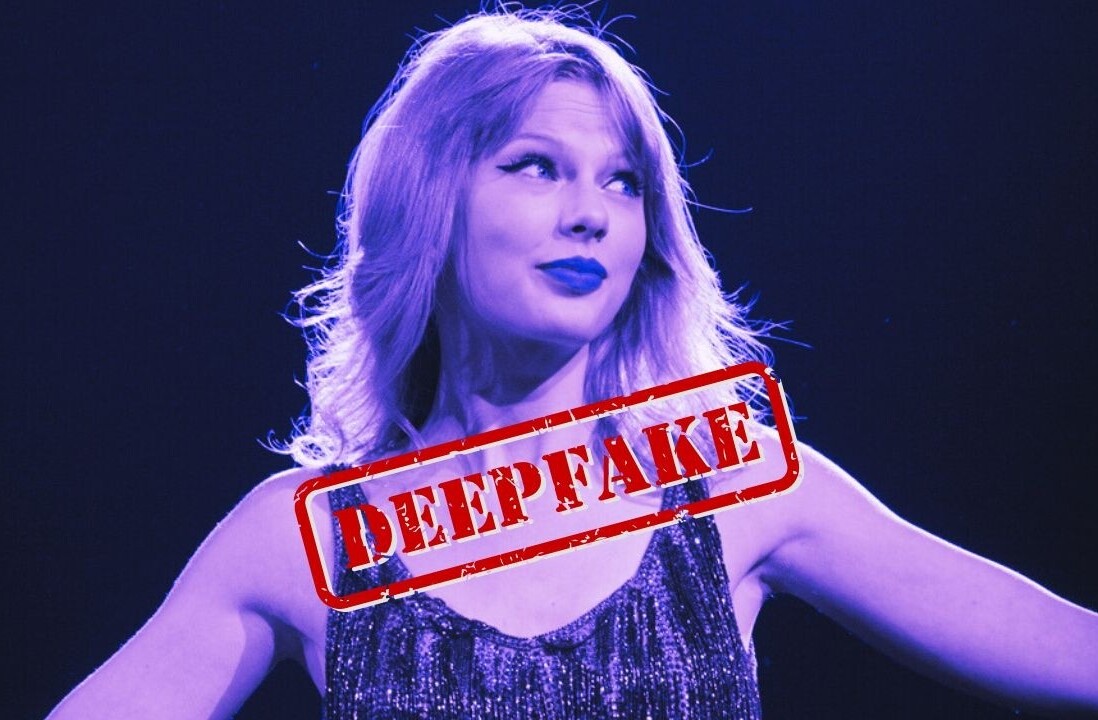
A juror and an acquitted drugs-trial defendant have been found guilty in what has been described as the UK’s first Internet-related contempt-of-court prosecution.
The juror involved was 40-year old Joanna Fraill, who admitted contacting the defendant – Jamie Sewart – via Facebook. Although the defendant had been acquitted, a number of other defendants were still on trial in the same case. The incident led to a series of drug cases collapsing at a cost of £6million.
Sewart denied contempt of court, but she has been found guilty. The sentence for both parties will be announced at a later date, though it’s thought that they could face up to two years in prison.
In admitting to making contact with the acquitted defendant, Fraill said she felt empathy towards Sewart and saw “considerable parallels” between their lives.
Details of the Facebook interaction were also revealed. Sewart acknowledged knowing that Fraill was a juror in the trial when they connected on the social network. In a Facebook chat last August, Sewart asked Fraill: “what’s happenin’ with the other charge??”. Fraill responded by asking her to clarify her question, and then wrote: “cant get anyone to go either no one budging pleeeeeese don’t say anything cause jamie they could all miss trial and I will get 4cked to0.”
The solicitor general, Edward Garnier QC, accused Fraill and Sewart of acting in “plain contempt of court”.
There has been at least one prior example of a UK trial being stopped due to a juror’s actions on the Internet. Last year, in a warning that jurors could go to jail if they searched the internet for information on defendants, Lord Chief Justice said that he knew of one rape trial that had been stopped because of online research by jurors.
In an age where information is so easily accessible, and contact so easy to make between strangers online, it’s likely there have been many other cases of jurors connecting with defendants during trials. And you can probably expect to hear many similar cases in the years ahead.
Get the TNW newsletter
Get the most important tech news in your inbox each week.




